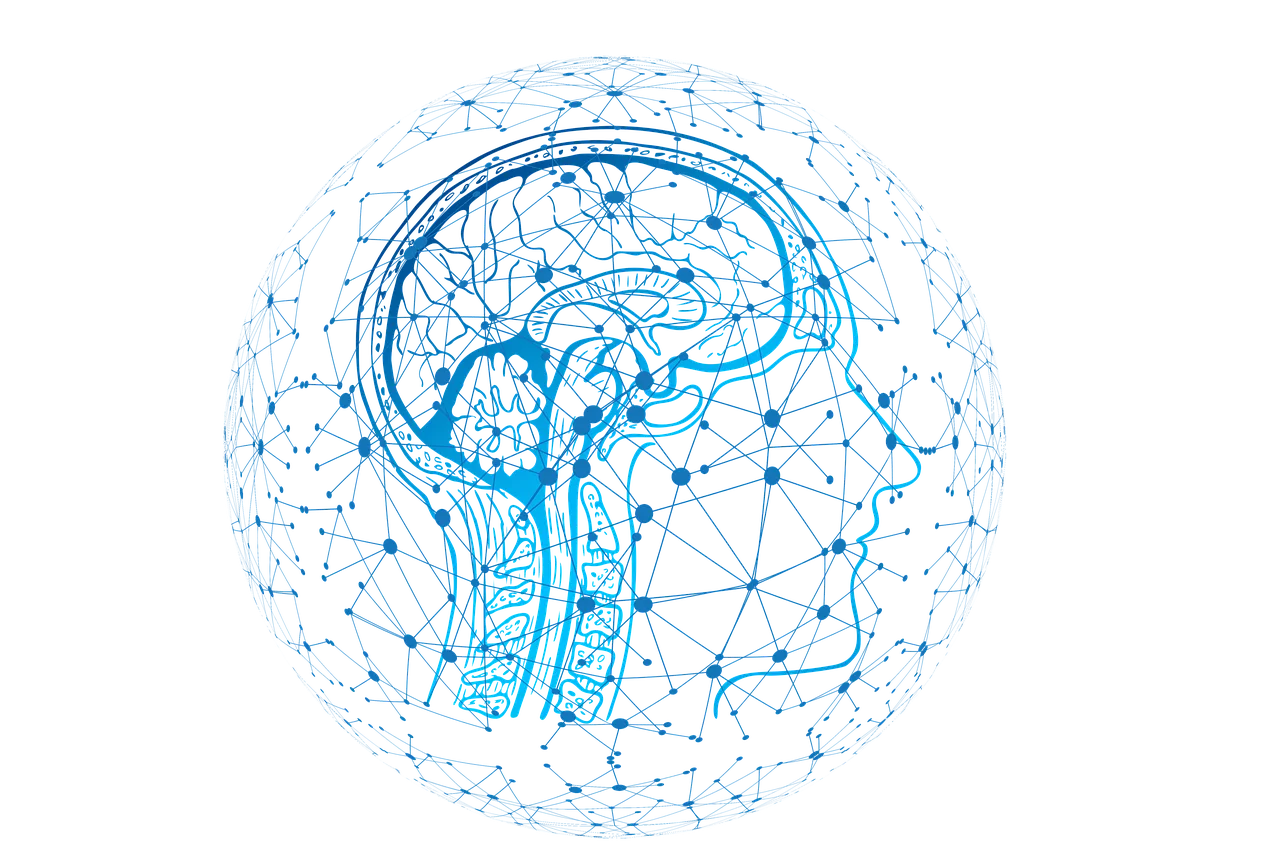Facebook Targets Misinformation, Issues Rules on "Deepfake" Videos

Facebook is strengthening their policy toward misleading manipulated videos that have been identified as "deepfakes."
According to a Facebook post, going forward, it will remove misleading manipulated media if it meets the following criteria:
- It has been edited or synthesized – beyond adjustments for clarity or quality – in ways that aren’t apparent to an average person and would likely mislead someone into thinking that a subject of the video said words that they did not actually say. And:
- It is the product of artificial intelligence or machine learning that merges, replaces or superimposes content onto a video, making it appear to be authentic.
"This policy does not extend to content that is parody or satire, or video that has been edited solely to omit or change the order of words," says Facebook. Consistent with their existing policies, audio, photos or videos, whether a deepfake or not, will be removed from Facebook if they violate any of their other Community Standards including those governing nudity, graphic violence, voter suppression and hate speech.
Videos that don’t meet these standards for removal are still eligible for review by one of their independent third-party fact-checkers, which include over 50 partners worldwide fact-checking in over 40 languages. If a photo or video is rated false or partly false by a fact-checker, they significantly reduce its distribution in News Feed and reject it if it’s being run as an ad. And critically, people who see it, try to share it, or have already shared it, they will see warnings alerting them that it’s false.
"This approach is critical to our strategy and one we heard specifically from our conversations with experts," says Facebook. "If we simply removed all manipulated videos flagged by fact-checkers as false, the videos would still be available elsewhere on the internet or social media ecosystem. By leaving them up and labelling them as false, we’re providing people with important information and context."
However, an NPR news report, notes that these exceptions could open up a gray area in which fact-checkers must decide what content is allowed and what is taken down.
Facebook notes that just last month, they identified and removed a network using AI-generated photos to conceal their fake accounts. NPR notes that in two high-profile cases from last summer, deepfake videos featured House Speaker Nancy Pelosi and Facebook's own CEO, Mark Zuckerberg, in highly manipulated footage. In Pelosi's case, the video and audio were altered to make it seem as if she was slurring. The Zuckerberg deepfake was more satirical, showing the billionaire gloating about using data to control the future.
Looking for a reprint of this article?
From high-res PDFs to custom plaques, order your copy today!






